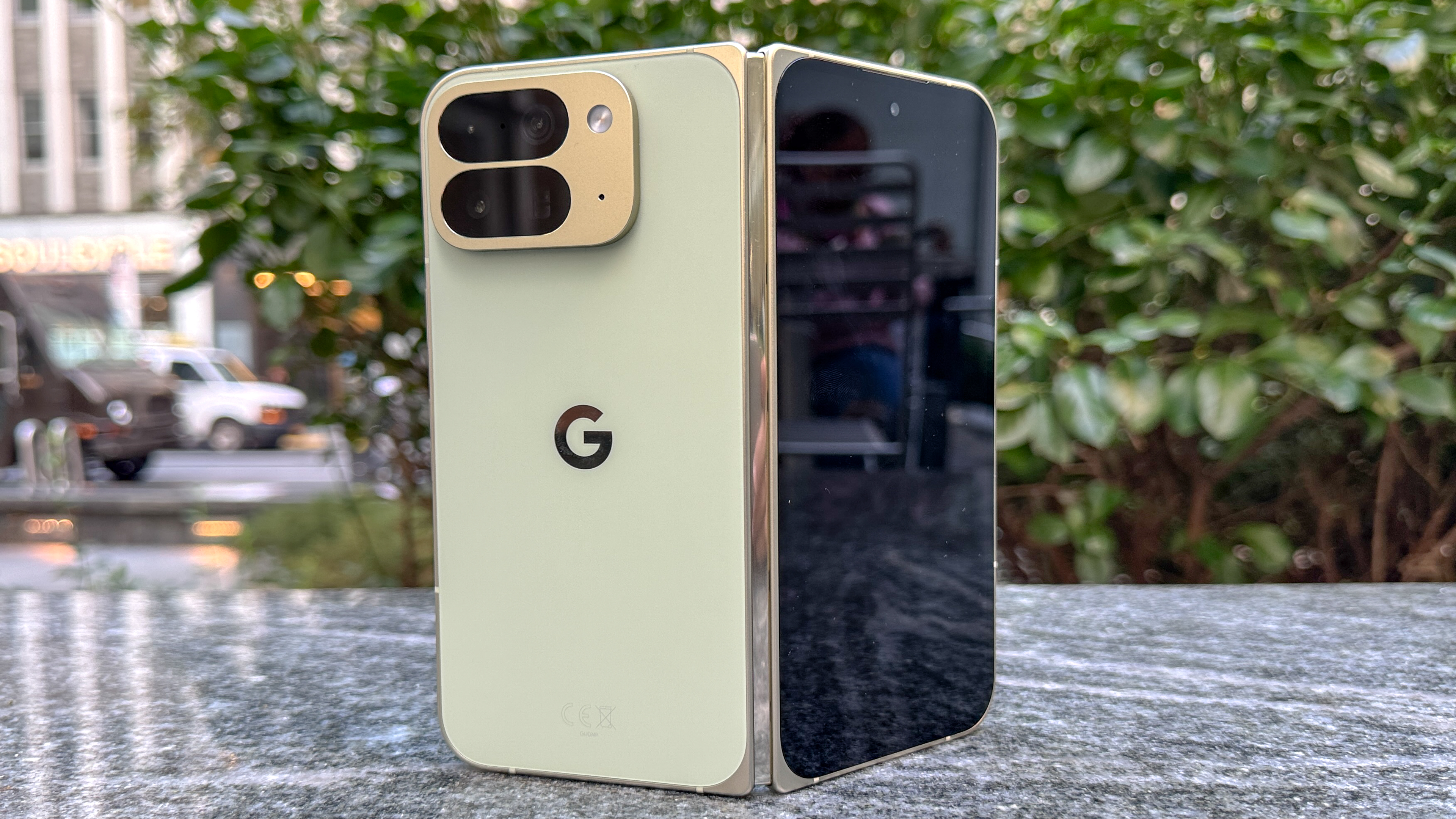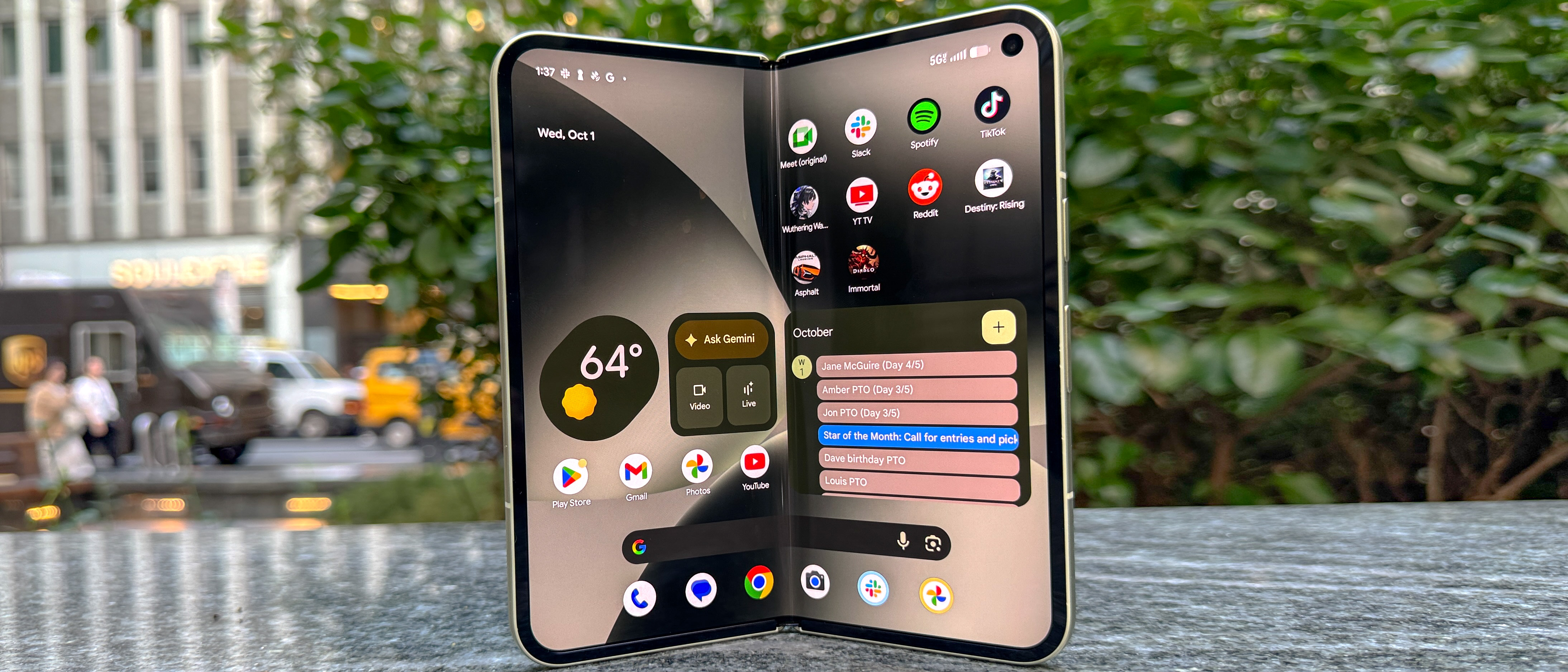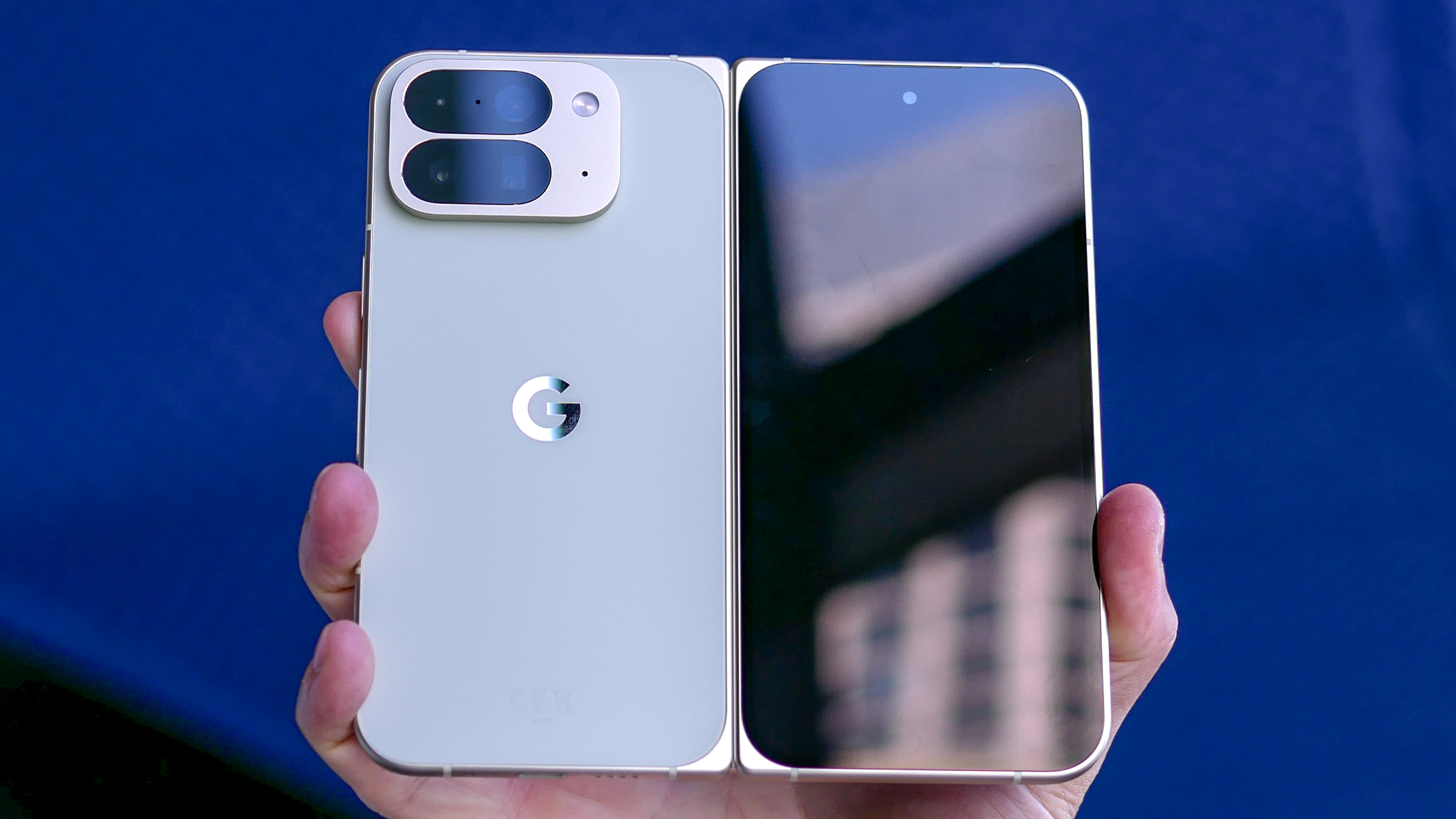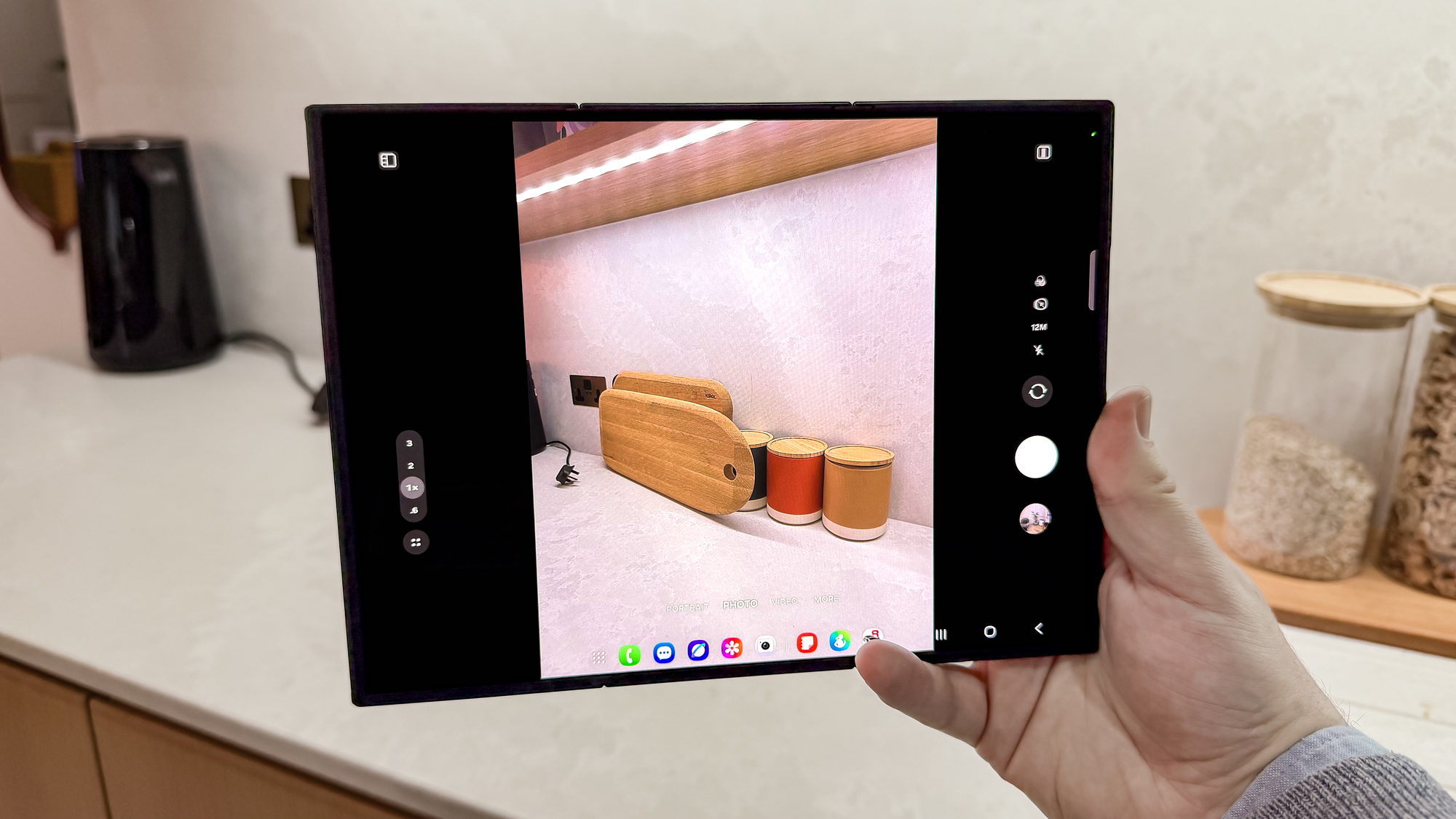Google just revealed how Pixel 10 Pro beats Galaxy Z Fold 7 on durability
Google just revealed how Pixel 10 Pro beats Galaxy Z Fold 7 on durability

Here at Tom’s Guide our expert editors are committed to bringing you the best news, reviews and guides to help you stay informed and ahead of the curve!
You are now subscribed
Your newsletter sign-up was successful
Want to add more newsletters?

Daily (Mon-Sun)
Tom's Guide Daily
Sign up to get the latest updates on all of your favorite content! From cutting-edge tech news and the hottest streaming buzz to unbeatable deals on the best products and in-depth reviews, we’ve got you covered.

Weekly on Thursday
Tom's AI Guide
Be AI savvy with your weekly newsletter summing up all the biggest AI news you need to know. Plus, analysis from our AI editor and tips on how to use the latest AI tools!

Weekly on Friday
Tom's iGuide
Unlock the vast world of Apple news straight to your inbox. With coverage on everything from exciting product launches to essential software updates, this is your go-to source for the latest updates on all the best Apple content.

Weekly on Monday
Tom's Streaming Guide
Our weekly newsletter is expertly crafted to immerse you in the world of streaming. Stay updated on the latest releases and our top recommendations across your favorite streaming platforms.
Join the club
Get full access to premium articles, exclusive features and a growing list of member rewards.
The Google Pixel 10 Pro Fold is here with a brighter display and advanced AI features. However, one of the biggest changes Google implemented could be pretty easy for the average user to miss.
In a recent blog post, Google detailed how and why it had decided to change the design of the hinge for the Google Pixel 10 Pro Fold. When designing the Pixel Fold and the Pixel 9 Pro Fold, Google elected to use gears in the hinge. However, the new device goes in a different direction that allows it to exceed the resistance of the recent Samsung Galaxy Z Fold 7.
In the blog, Sangsoo Park, an industrial designer for Pixel, stated, “The biggest change is that this is what we call a gearless hinge — which literally means it doesn’t have any gears.”
Part of the reason for this change had to do with the increased reliability of a gearless hinge, because gears “can be damaged and dust can get stuck between them over time, degrading the basic opening and closing experience that is critical on a foldable.”
What did Google use instead of Gears?
Typically, foldable phone hinges featured four gears that connected via “teeth” that interconnect. In the case of a foldable phone hinge, this allows the display to open seamlessly, with both sides opening a closing in sync. However, removing the gears means finding a new way to achieve this symmetry.
For the Pixel 10 Pro Fold, Google utilized mechanical components called CAMs, which can convert rotational motion to linear motion. Yongho Lim, who worked on the architecture of the Pixel 10 Pro Fold, described it like this: “With the CAMs connected across the hinge, when either half of the device is opened, the other would be forced to follow!”

On top of being more durable, this change in the hinge size allowed for many of the Pixel 10 Pro Fold's other design changes. For example, it meant that Google could reduce the size of the bezels, allowing the main display to increase to 8 inches, while the external screen increased to 6.4 inches. The thinner hinge also allowed the Pixel 10 Pro Fold to be thinner, plus giving enough room for Google to add a larger battery.
Get instant access to breaking news, the hottest reviews, great deals and helpful tips.
Removing the gears also had the added benefit of allowing the Google Pixel 10 Pro Fold to be the first foldable device to offer an IP68 water and dust resistance. Usually, foldable phone hinges feature a lot of moving parts and small spaces that can trap dust. These small spaces and the complexity of Samsung's hinge are part of the reason why the Galaxy Z Fold 7 only features water resistance.
What else does the Pixel 10 Pro Fold offer

Of course, a phone is more than just a hinge, and the Pixel 10 Pro Fold certainly has some interesting features and additions. For instance, the phone comes with an abundance of AI features, including AI Best Take and Magic Cue, not to mention the full suite of Google Gemini features.
All of the AI is supported by the Tensor G5 chip, which, while not as powerful as Qualcomm’s or Apple’s offerings, is specced towards AI performance. The Pixel 10 Pro Fold also comes with a 48MP main camera, a 10.5MP ultrawide and a 10.8MP telephoto camera with 5x Zoom.
The big question for many looking to grab a new foldable phone will be how it compares to the Pixel 9 Pro Fold. While there is a lot to love about both phones, I would say that this change in hinge design should be a major factor.
Let us know which one you prefer and what other changes you would like to see in a future Pixel phone.
Follow Tom's Guide on Google News and add us as a preferred source to get our up-to-date news, analysis, and reviews in your feeds. Make sure to click the Follow button!
More from Tom's Guide
- The iPhone Air and Galaxy S25 Edge are about to get blown away by Motorola's new thin phone
- iPhone envy? A new leak shows off an orange Galaxy S26 Ultra — and I'm all for it
- Is your Pixel 10 Pro XL struggling to run Genshin Impact? You’re not alone

Josh is a staff writer for Tom's Guide and is based in the UK. He has worked for several publications but now works primarily on mobile phones. Outside of phones, he has a passion for video games, novels, and Warhammer.
You must confirm your public display name before commenting
Please logout and then login again, you will then be prompted to enter your display name.
 Club Benefits
Club Benefits











